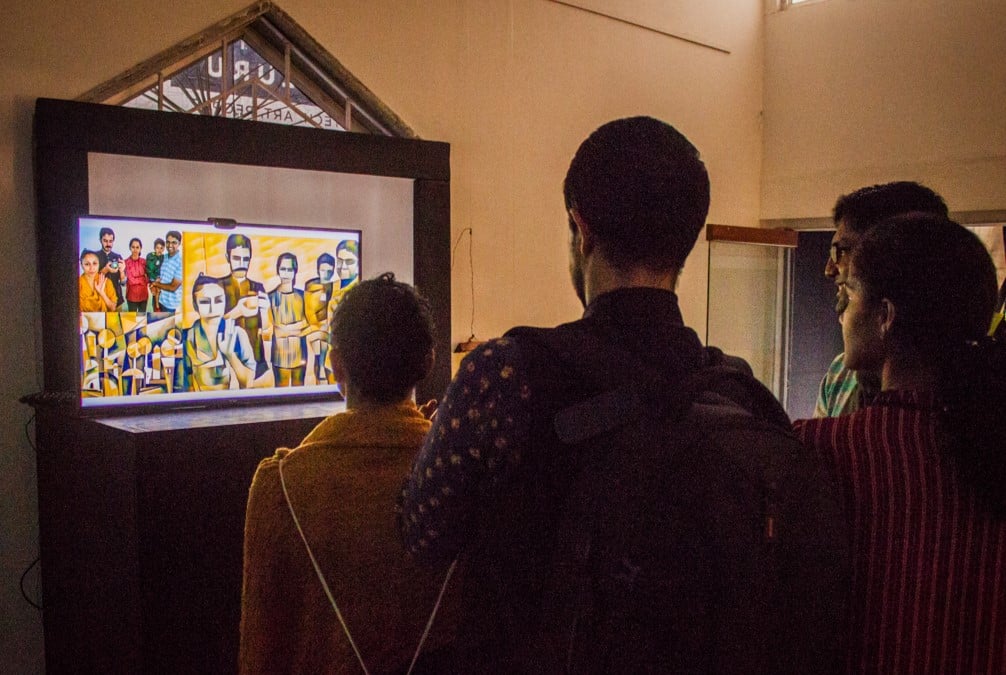

The Art of the Possible
Topics
The Art of the Possible is a first-of-its-kind, primary research-led study in India that looks at the transversal and technical skills landscape in the live entertainment and performing arts domains from the perspective of working professionals and sector stakeholders. The study identifies specific upskilling challenges and training requirements within the cultural sector, while mapping existing gaps, skilling needs and barriers to the entry of professionals into the sector.
Commissioned by the National Center for Performing Arts (NCPA), the study is aimed to provide insights and recommendations to the NCPA to enable it to develop its new training programme for cultural professionals with technical and transversal skills. This research report is generated by the Art X Company on behalf of the NCPA, supported by the British Council, and is presented in the form of a consolidated report containing the results based on interviews, focus groups and a survey as part of the The Art of the Possible research project. This research was conducted with representatives from theatre and dance companies, technical equipment vendors, freelance consultants, educators, technical heads of India’s biggest arts venues, and cultural workers in sound, light, stage and costume design and stage and production management.
You can download the report from here.
Key Findings
- Sector composition and career pathways – Pathways to entry into the transversal skills space for the majority of the respondents has been through exposure to theatre at the school or college level. Therefore, possession of social and cultural capital determines an entrant’s pathway to the sector.
- Learning behaviour and work mechanisms – Quality formal methods of learning and training are scarce in India such that most learning happens ‘on-the-job’. In the survey, out of 147 respondents, 63% and 67% highlighted ‘learning via observation’ and ‘learning from peers’ as major contributors to respondents’ growth and development in the sector respectively.
- Skills assessment: gaps and needs – Some of the key skills that respondents highlighted are adaptability, resourcefulness, problem solving, knowledge of the basics or the fundamentals, creativity and specialisation. With respect to skill gaps, a majority of the respondents felt that new entrants into the sector are under-qualified and required a lot of on-the-job training. Knowledge gaps were cited as the major precursor to skill gaps. The lack of formal pedagogical learning causes professionals to have a limited knowledge of fundamentals which results in them not being able to utilise those principles in problem solving or delivering high-quality work.


Share on